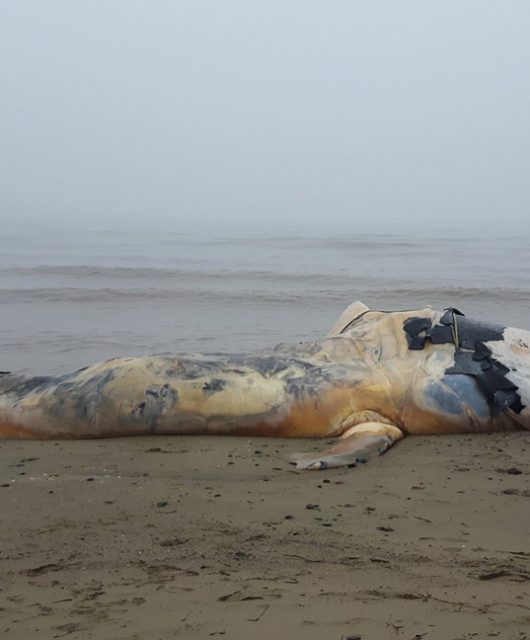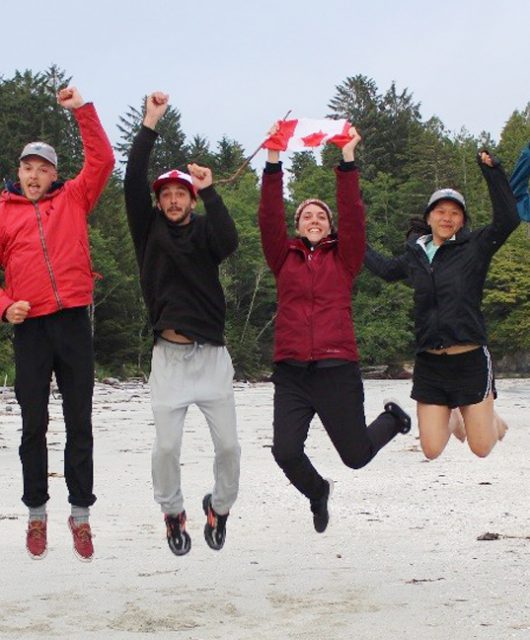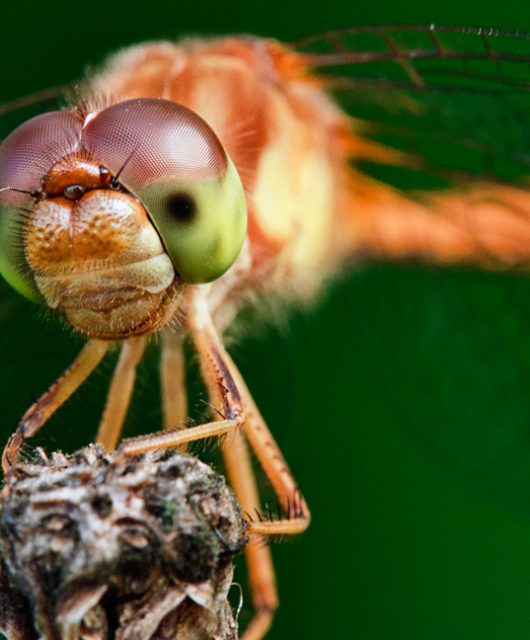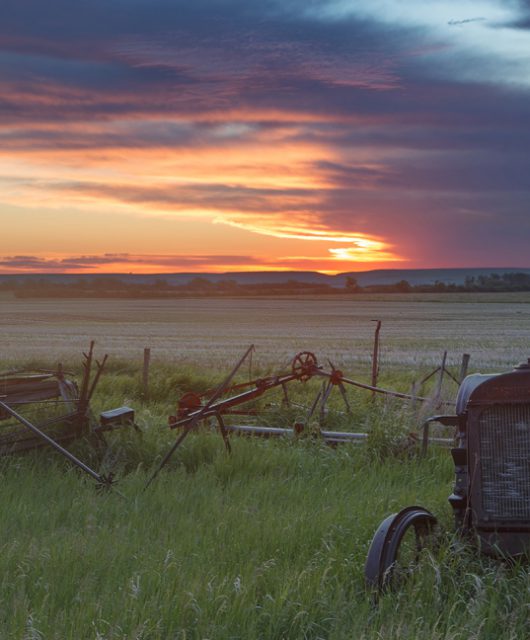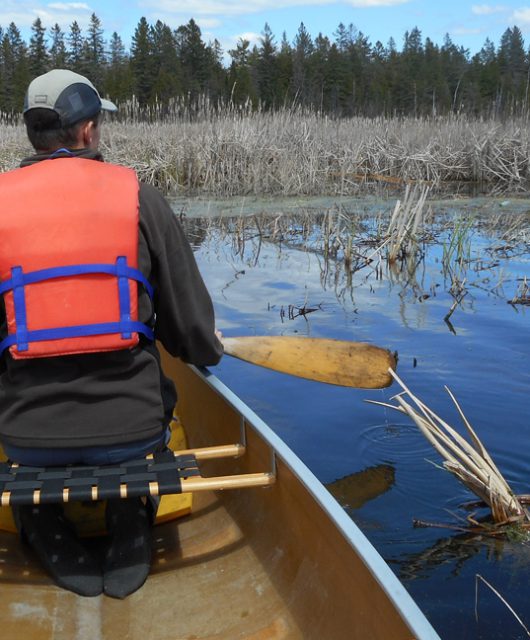Search Results for
AS
Season Wrap-Up: Lessons from a Conservation Crisis
As the shock of the terrible events of this year begins to wear off, a series of meetings are underway to begin preparing for the future. These meetings are motivated…
Five Great Gift Ideas that Will Earn You Big Hugs this Year!
There are lot of bricks-and-mortar retailers out there trying to lure you into their stores with the promise of great gifts and sensational boxing week prices. As an organization that…
Eight Ways To Reduce Your Plastic Footprint
There are an estimated 5 trillion pieces of plastic in the ocean worldwide, with 8 million metric tons added to the ocean every year. Wildlife are dying at a rapid…
Why 10 Days Kayaking With Chronic Pain Was The Best Choice I Ever Made
I have always been sheltered from the world, and have watched in complete wonder at its immense beauty. So when asked to participate in the Canadian Conservation Corps (pilot) Outward…
My Summer as an Insect Field Technician
I grew up on a farm in North Easthope Township in southwestern Ontario. As a kid, I was surrounded by farming and big equipment, with an understanding of the environment…
Results of the Saskatchewan Community Pasture Survey
The Government of Saskatchewan recently announced its intention to end the Saskatchewan Pastures Program and consult on the future management of the 50 pastures totalling 780,000 acres of public grasslands…
Our first turtle outing of the season
Last Wednesday, CWF’s Turtle Team set out in search of Blanding’s Turtles. Our goal? To expand the amount of protected wetland habitat within the Ottawa area. With a number of…

